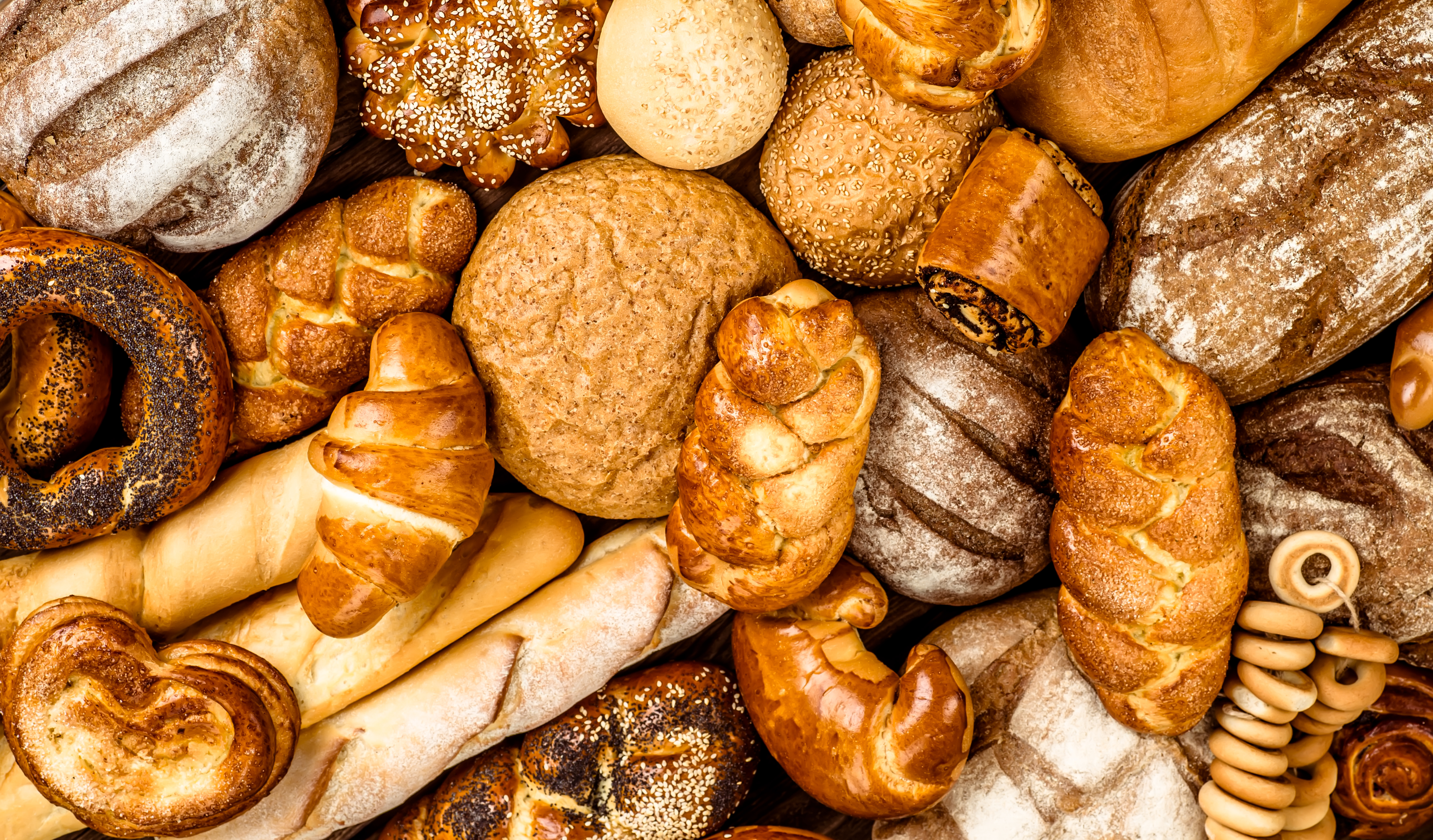Are all ultra-processed foods bad? New research suggests not

New Swinburne research is challenging the long-held belief that ultra-processed foods are all bad for you.
In summary
- Swinburne research debunks the theory that ultra-processed foods are bad for you.
- While snacks show bad health outcomes, other products contain neutral or potentially beneficial effects.
- Food requires more nuanced answers, the research shows.
New Swinburne research is challenging the long-held belief that ultra-processed foods are all bad for you.
While snacks and soft drinks show consistently bad health outcomes, products like wholegrain fortified cereals and certain dairy products contain neutral or potentially beneficial effects.
Study author Swinburne Discipline Lead of Dietetics Associate Professor Jimmy Louie says the question ‘Are ultra-processed foods bad?’ requires a more nuanced answer than a simple yes or no.
“Headlines make it sound like all ultra-processed foods are bad, but the truth is more complicated. Some can offer real nutritional value and fit comfortably into a healthy diet.
“That kind of oversimplification can mislead the public and distract from the most pressing dietary risks.
Associate Professor Louie explains that the health implications of food depend on the context of their consumption within overall dietary patterns.
“Ultra-processed products often provide cost-effective sources of essential nutrients for economically disadvantaged populations and can contribute to reduced food waste through extended shelf-life capabilities.”
“Not everyone can live on only minimally processed foods. Nutritionally sound processed foods can be a healthy, practical choice.”
The study reviewed the Nova system, which categorises foods into four groups based on their level of processing, from fresh or minimally processed items to ultra-processed products. The widely used system is controversial because of how it defines and labels processed versus ultra-processed foods.
Associate Professor Louie is calling for a system that looks at both processing and nutrition, so people get clearer, fairer guidance.
“While the classification of foods based on processing has made valuable contributions to our understanding of health, it fails to capture important distinctions in nutritional quality, processing methods, and health implications.
“People deserve advice that makes that distinction. The evidence shows we can be smarter about which processed foods we avoid and which we keep.”
-
Media Enquiries
Related articles
-

- Astronomy
- Technology
- Health
- Science
- University
- Sustainability
- Engineering
Swinburne highly cited researchers reach the top in 12 fields
Ten Swinburne academics have been named on the Highly Cited Researchers 2025 list, released by Clarivate
Tuesday 02 December 2025 -

- Technology
- Health
- Science
- University
$1.2m ARC funding to boost national X-ray spectroscopy capability through Swinburne and QUT partnership
Swinburne has secured $1.2 million in the latest Australian Research Council Linkage Infrastructure, Equipment and Facilities scheme round
Tuesday 02 December 2025 -

- Technology
- Health
- Science
- University
- Aviation
- Engineering
Swinburne’s Mobile Innovation Lab hits the road
Swinburne’s Mobile Innovation Lab is a cutting-edge mobile facility designed for research, industry collaboration, STEM education, training and outreach.
Thursday 06 November 2025 -

- Health
- Science
Swinburne and Bionics Institute announce strategic alliance to accelerate medical device research
The Bionics Institute will partner with Swinburne University of Technology in a first-of-its-kind collaboration to accelerate the development of life-changing medical devices.
Thursday 13 November 2025 -

- Social Affairs
New online hub supports improved employment for people with disability
Australia’s Centre for Inclusive Employment has launched a suite of online resources designed to increase employment for people with disability.
Monday 03 November 2025

